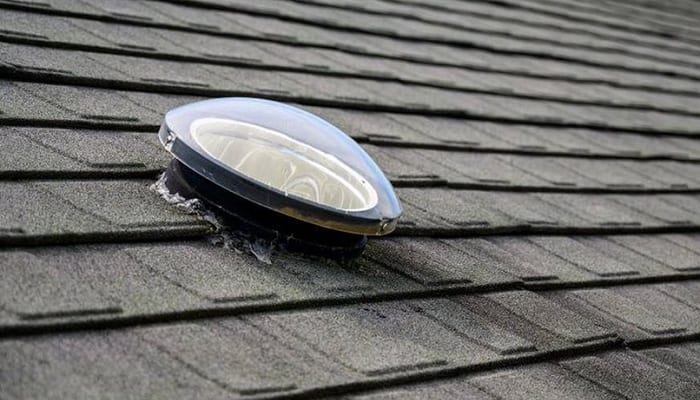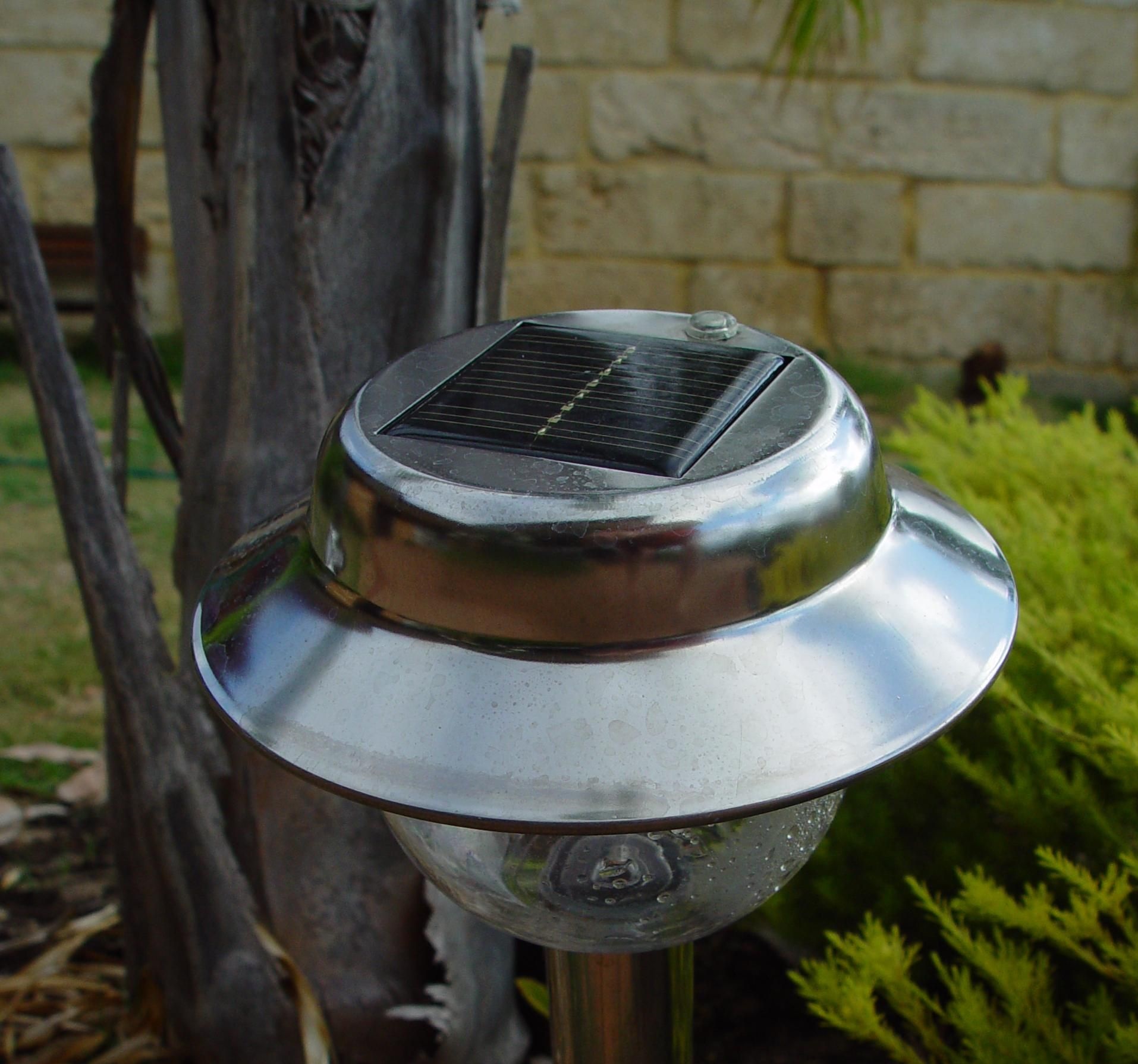Solar power is changing the world for good. Qualifying for a solar incentive in Oregon can make switching to this energy source easier. Going solar is probably the last thing you can do if you’re on a tight budget. The initial investment is steep. Financing is one possibility, but only some are eligible. Luckily, there are other options to explore. In this article, I share more about the solar incentives available in Oregon. You’ll get an idea of which ones you’ll likely qualify for and how they will help you.
Which Oregon Solar Incentives Are Available
The Oregon Department of Energy recently jumped on the solar bandwagon by putting incentives forward. These aim to motivate citizens to switch to renewable energy sources. If you live in the state and you’ve been glimpsing at solar panels online for months, this is your sign to go for it. There are three types of solar incentives that you could qualify for:
The Net Metering Solar Incentive
Net metering is a popular win-win incentive that most states offer. The city rewards you if you store any extra electricity your solar panels generate. The power you don’t immediately use gets transferred back to the grid. The city uses this energy for other purposes, like supplying grid-powered households. You get rewarded with a discount on your next utility bill. An added bonus when storing excess power is using it yourself. You can use stored energy if your solar panels aren’t generating enough power to keep everything running at a given time.
Federal Tax Credits As a Solar Incentive
If you live in any state in the US, including Oregon, you qualify for this federal solar incentive. The federal government put it in place to encourage citizens to move to solar. You can get 30% of your total solar investment back through tax credits. You’ll save some well-earned money on your taxes while reducing your carbon footprint.
Oregon Solar And Storage Rebate Program
Homeowners in the state of Oregon qualify for a rebate on their solar investments. It isn’t in the form of cash or a tax credit but rather a hefty discount on your installation bill. One of the few requirements of this rebate is to use a contractor that the Oregon Department of Energy approves. The contractor has to fill in forms to apply for the rebate on your behalf. If successful, the department transfers the money to them.
The money gets deducted from the amount you must pay the contractor at the end of the installation process. There are three rebate categories that you could qualify for, depending on your combined household income:
Rebates for Low to Moderate Income Households
If you’re a low to moderate-income household, you qualify for this rebate. You can get $1.80 per installed solar power capacity wattage to a maximum of $5000.
Rebates for High-Income Households With No Eligibility For Electricity Utility Incentives
This rebate category applies to homeowners that don’t have a low or moderate household income. The category makes room for those ineligible for other state incentives. You can get a rebate of $0.50 per wattage of installed solar capacity to a maximum of $5000.
Rebates for High-Income Households With Eligibility For Electricity Utility Incentives
You can still get a rebate if you have a high household income and qualify for other incentives. You can be eligible for a maximum of $5000, or $0.20 per wattage of installed solar capacity.
The Cost of Solar Power and how Oregon Solar Incentives can help
Oregon is currently in the 19th place on the list of solar-powered US states. Considering the somewhat high solar costs in the state, the top 20 position is rather impressive. The costs of solar power installations vary widely from state to state. Many factors can influence the prices of solar panels in an area. Location, system capacity, labor costs, and the company’s profit margin significantly impact the final price you’ll pay.
You can expect to spend between $2.40 and $3.40 per watt on a brand-new solar system. If you calculate the capacity that you’ll need to power your entire house, the total can snatch around $12,300 to $16,700 from your pocket. Those are some intimidating figures. It may seem a little out of your budget. Luckily, there are options. Many companies offer financing to fund this investment. State incentives also lower the sum.
On average, US residents pay back their solar investment in just under nine years. This is calculated based on how much you’ll save on your monthly electricity bill when going solar. Oregon’s payback average is more than twelve years.
Are Oregon Solar Incentives Impressive?
Solar power has multiple benefits. More people are becoming excited about these, and you should too! It will save you money while contributing to a greener environment. Unfortunately, the reality is that solar power remains a pricey investment. If you’re a low-income citizen, you probably consider it a luxury.The costs of going solar can include purchasing a heap of expensive equipment, like solar panels, batteries, and inverters. The installation costs add to this.
So, why wouldn’t you want to take advantage of an opportunity to save money? Solar incentives are 100% worth it. If you qualify for these, some of the financial weight when switching to solar will be off your shoulders.
Closing Thoughts on Oregon Solar Incentives
Going solar isn’t in everyone’s budget. With the help of solar incentives, you can make it possible. Solar incentives were designed to help low-income households benefit from renewable energy. The initial costs might scare you, but the long-term savings will leave you smiling!
You can contact the Oregon Department of Energy to get more detail about the solar incentives they offer, and you can click here to read all about the United States Federal Solar Incentives. Once you have all the needed forms, you just have to apply. Your dream to switch to solar power might be closer than you think.
If this article was helpful, please let me know in the comments. You can also ask any questions you still might have.





